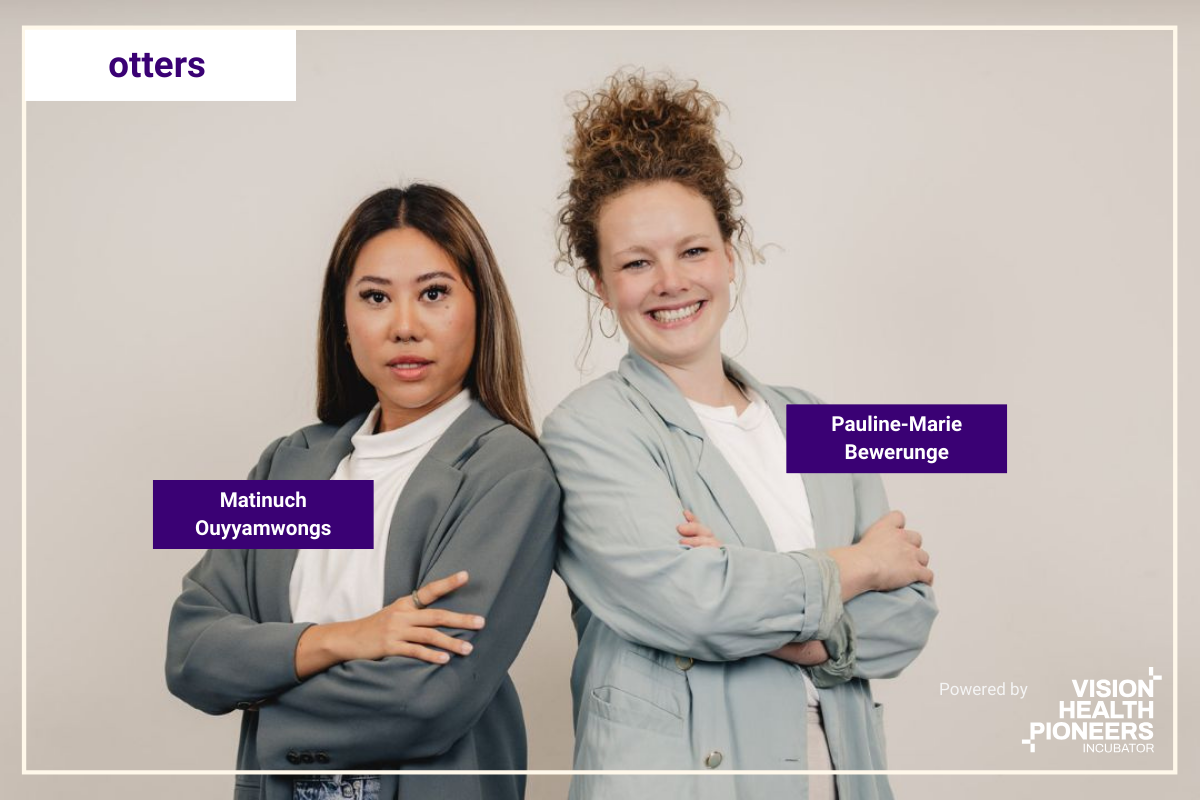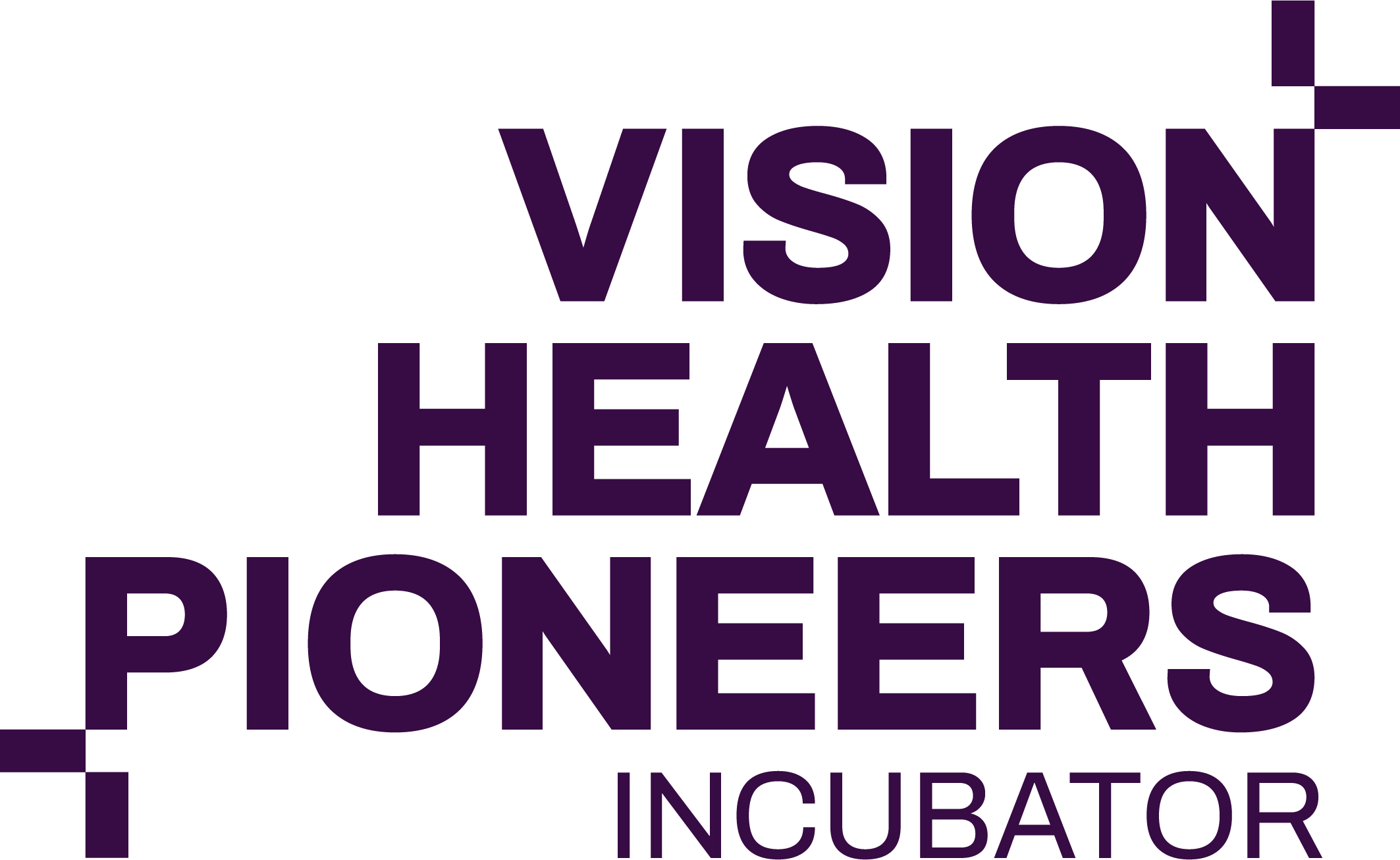
15 Jan Hey Otters, caring for the people taking care of us
Healthcare professionals work from a place of care and compassion. They are naturally motivated to alleviate pain and provide medical and emotional support.
Yet the job comes with its own challenges. Day in and day out, healthcare workers grapple with the relentless demands of time, the emotional toll of witnessing suffering, and the weight of responsibility. This is not without consequences. As Dr Jean-Marcel Mourgues, the Vice-President of the French Medical Association, attests, “(stretching doctors too thin) means giving up and losing quality of care, and treating patients later.”
Research shows that in Germany, less than 1 out of 10 physicians are satisfied with their daily workload and feel like they spend enough time with patients. Back in summer 2022, a nationwide strike brought thousands of healthcare workers out in the street in protest against low pay and poor working conditions. Many feel unseen in their mental health struggles and unrecognized for the foundation role they play in society.
So, what are the solutions? Besides creating better working conditions that promote a healthy work-life balance, two other actions put forward by the World Health Organization include “expanding the use of digital tools to support the workforce” and “protecting the health and mental well-being of the workforce”. That’s precisely where our cohort team HeyOtters comes in: to support healthcare workers in dealing with the mental and emotional impact of their jobs through a digital companion.
In this interview, we unravel HeyOtters’ origin story, unpack its solution, and explore the founders’ inspiring vision!
HeyOtters’ origin story
The idea for HeyOtters came when co-founders Pauline Bewerunge and Matinuch Ouyyamwongs became friends. Most of their conversations revolved around mental health, and they soon discovered a shared wish to create something together that would improve other people’s lives. “We immediately felt that we made a great team,” says Pauline, “Mati has experience in product development and brand building and I am a psychologist. I have experienced first-hand, both personally and among colleagues, the challenges that come with working in healthcare and within the German healthcare system.”
Among professionals, healthcare workers suffer most from burnout and depression – a reality that has been exacerbated during and after the COVID-19 pandemic. 40% of doctors think about leaving the profession and over 50% report high exhaustion and burnout symptoms. Nurses experience burnout twice as often as other professions.
“When we found out about Vision Health Pioneers we realized our time had come to go for our dream and vision. That’s how HeyOtters was born. Through our diverse backgrounds, expertise, and experiences, fueled by shared curiosity, a commitment to learning, and a love for uncovering possibilities, we form a team poised to breathe life into HeyOtters. Our ability to communicate openly and honestly further enhances our synergy.”
When asked about the name, Mati responds “We liked the emoji 🦦 , as it conveys an equanimous and laid-back attitude. If you have ever seen any Otter memes or clips, you might agree that they are incredibly funny, and you might giggle watching them. Otters are also very social animals: they mate for life and hold hands while floating on their backs. That is exactly the feeling and attitude we want to transmit with HeyOtters, a loyal and supportive yet relaxed and funny companion in the current of life. “Otters” also resembles “others”. And as HCPs care for others, we believe otters should take care of them.”
An integrated solution for healthcare workers
In the last few years, we’ve seen a trend towards diversification in the mental health and wellbeing app space. Apps now cover a broader spectrum, both in terms of mental health needs and conditions and specific demographics.
For HeyOtters, this trend is an opportunity to seize, not a challenge to overcome. “The awareness and interest in taking care of mental health have increased. The fact that there are products out there is a sign that there’s a need and a market. We believe that this is only the beginning of humans becoming more conscious of themselves and their mental health. To our knowledge, there are no other competitors who address healthcare professionals and their very specific context.”
HeyOtters aims to assist healthcare professionals (HCPs) in their day-to-day lives with mental health support in the form of an app. Integrated into their daily schedule, HeyOtters helps HCPs gain more self-awareness by exploring tools to cope with stress and implementing them into their daily life. Currently, none of this is taught in regular education. “We want to help young professionals, nurses, and resident doctors first,” says co-founder Matinuch, “that’s why we are establishing partnerships with medical and nursing schools to co-create HeyOtters. With proof of efficacy and certified prevention courses, we plan to cooperate with clinics, care homes, as well as health insurance providers (B2B2C). We’ll provide mental health support, but also work advice, communication support, and a community for sharing best practices and peer support.”
The reality of the healthcare profession
A recurring observation in the startup scene is the tendency to place the responsibility for mental health and well-being squarely on the shoulders of employees, without addressing the system and conditions – like underpayment and understaffing, that contribute to ill-health. However, as the team illustrated, there’s more nuance to it. As Mati asks, “Is this critique founded on the right assumptions?”
Pauline explains that the term “burnout” became popular in the 70s when psychologist Herbert Freudenberger detected that burnout often occurred in social and healthcare jobs with high human interaction and empathy – primarily among “the dedicated and the committed” as HCPs are proven to be. “They interact daily with people who are physically or emotionally suffering,” says Pauline, “and they have to convey heartbreaking diagnoses and people often die in their hands. The work of HCPs is inherently emotionally burdening and potentially traumatizing. Additionally one of the main factors for burnout is the “lack of compassionate support”. The answer you will get from most HCPs – also those working at prestigious healthcare institutions, on what support they get when it comes to their own mental health is “none”.
Mati: “So factors like underpayment and understaffing etc. come on top of that! For context, we are talking about a system where a lot of communication is still done with faxes… When will that change? Change takes time – and can be mentally challenging as well, especially for people who are accustomed to working a certain way. Who’s supporting them through those changes?”
“It’s evident that there is a lot in the circumstances that needs changing,” adds Pauline, “like the current shift system, underpayment, and morally questionable decision-making processes. Yet it’s also undeniable there has been an urgent need for mental health support for healthcare professionals for a very long time – and it’s getting more urgent by the day. Learning self-awareness, detecting stress symptoms, and actively managing the burdens of healthcare work should be a non-negotiable foundation, not an add-on.”
What’s next on the horizon?
For HeyOtters, 2023 was a year of learning and growth. They found themselves in entirely new roles, and their initial steps involved constructing a work structure, establishing communication protocols, and setting guidelines and goals for HeyOtters. “We got an immense amount of valuable insights and input from Vision Health Pioneers and all the coaches who shared their knowledge with us. We learned to digest and channel the incredible amount of information we took in every day. We learned how much and which advice to take from whom; what to hold on to and what to let go. Both as a business and as individuals, we are in constant change. And we are learning to find stability within that.”
There’s still a lot of stigma surrounding mental health in the healthcare sector, and HeyOtters wants to bring greater awareness to that. “In 2024, we want to campaign for the empowerment and support of healthcare professionals.”
“In 5 years, we plan to have expanded our team at HeyOtters and have built a supportive and empowering work environment, where people can contribute with their talent and passion while growing & developing. We want the wind of change to have blown through many hospitals, taken away all the toxins in hospital air, and left a fresh breeze. We hope that by then many HCPs’ hearts and minds will be a little lighter and happier; that we have supported them to keep doing the work they love without huge costs to their own mental health. We hope HCPs will have gained the power and energy to create a work culture where they can be and work at their best.”
“When you listen to them and hear about their daily work life: it is incredible what they do and sacrifice to improve other people’s lives.” For the co-founders, supporting healthcare professionals is their life-affirming purpose and driving force. “The greatest joy for us is witnessing how what we have created helps individuals understand more about themselves, enabling them to feel more self-determined and capable of making changes within themselves and in their external environment. This has the potential to improve their mental well-being and quality of life, and will positively impact the lives of their patients.”
Find out more about HeyOtters on heyotters.com and follow them on LinkedIn and Instagram.



